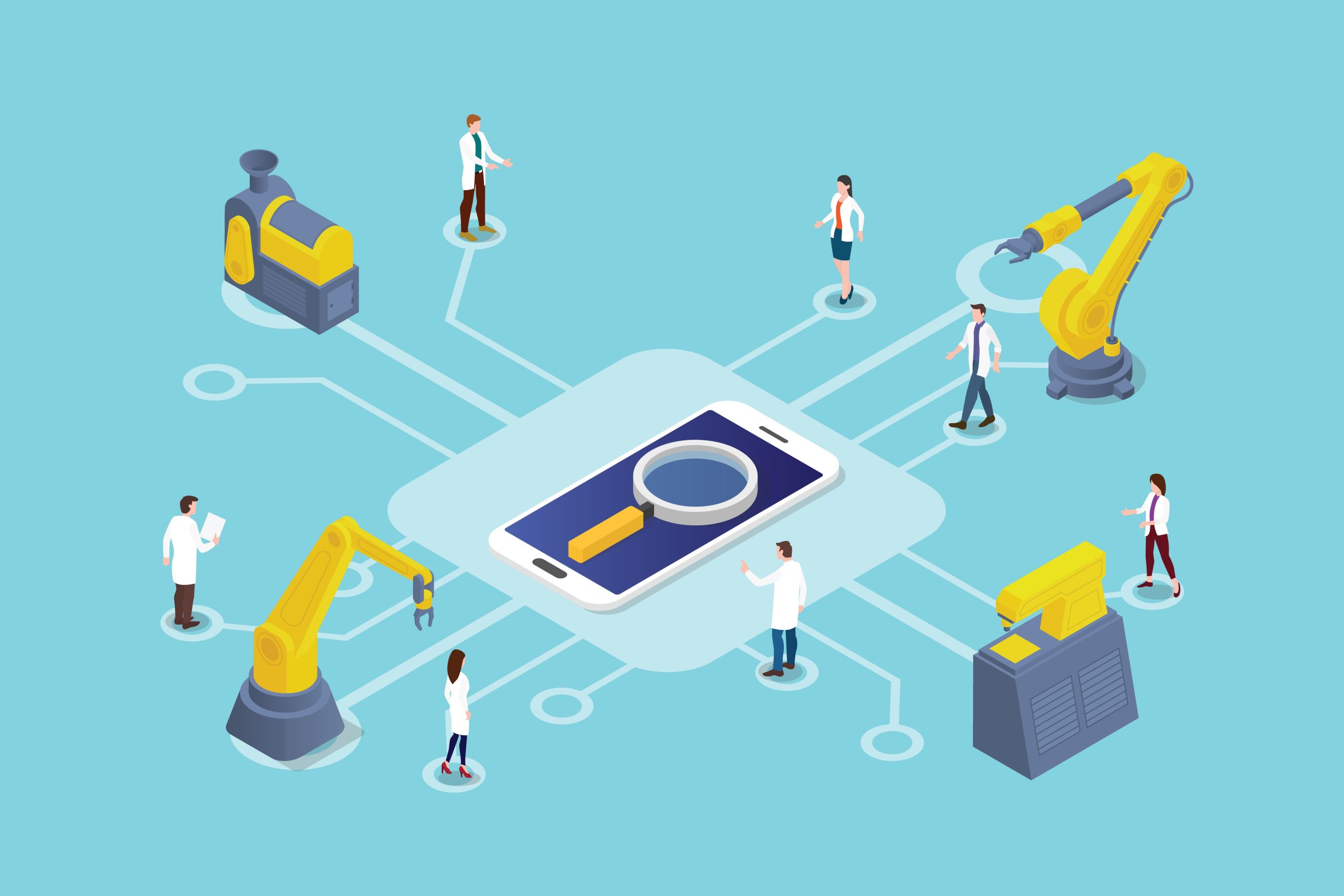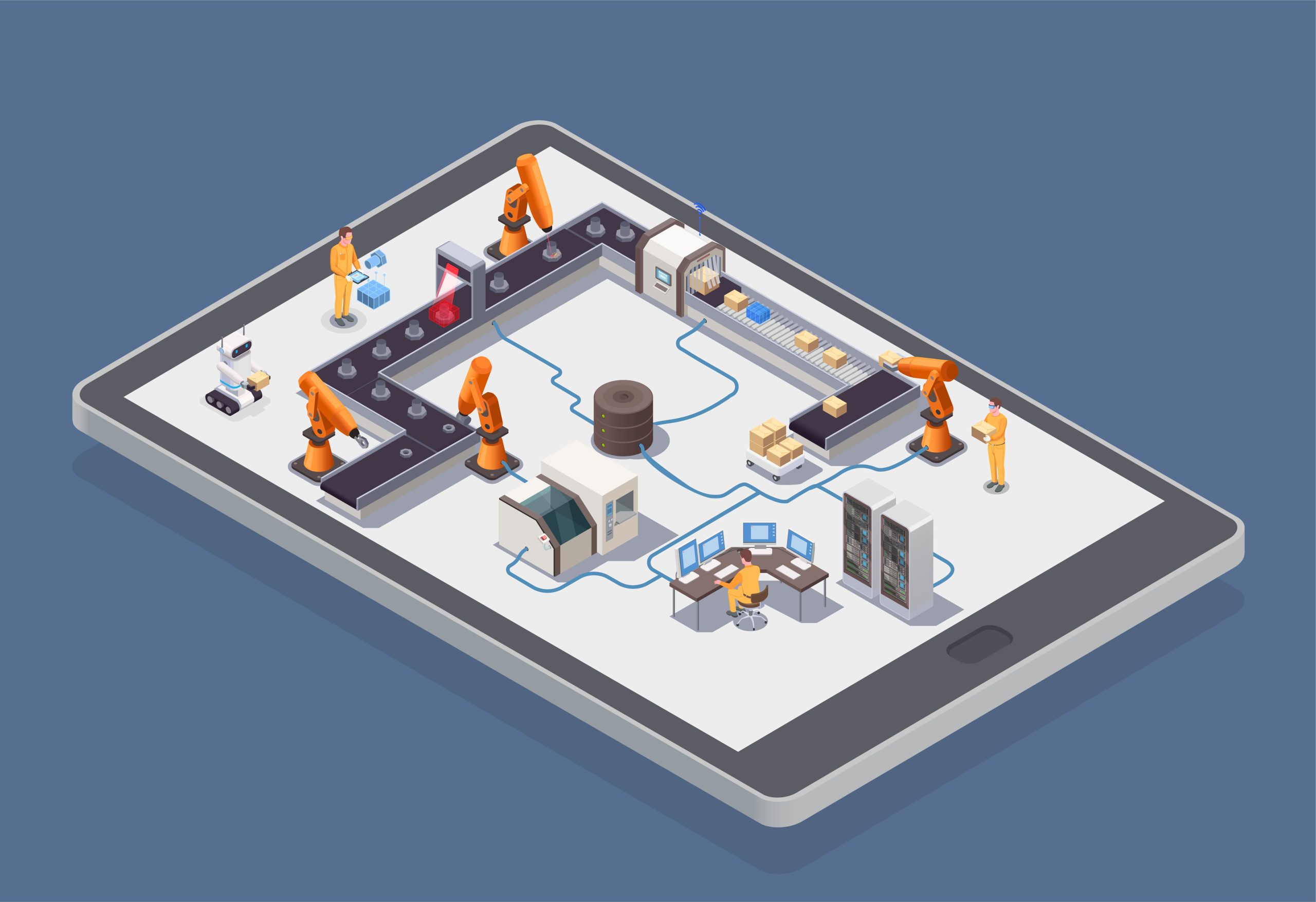Industrial Transformation is no longer an option; it’s a necessity. Every process, from production to delivery, is now digitized. Businesses must adapt to this change to stay competitive and efficient.
The Power of Industrial Transformation
Technology has completely reshaped how industries operate. Manual methods are being replaced by digital systems. ERP software now connects every stage, from production to after-sales. This ensures transparency, accuracy, and speed in all operations. As a result, companies save time, reduce errors, and make faster decisions.
ERP Systems: The Heart of Efficiency
In the era of Industrial Transformation, ERP systems play a central role. They gather all business data under one roof. Departments such as production, inventory, sales, and accounting share real-time information. This integration eliminates repetitive tasks and miscommunication. Moreover, decision-making becomes easier because managers have access to updated insights.
Digitalizing Weighbridge and Transfer Operations
Many industrial companies still rely on manual methods for weighbridge and transfer tracking. However, Industrial Transformation demands digital solutions. ERP-integrated weighbridge systems automatically record weight data, removing the risk of manual errors. Transfer processes also become traceable and organized. This not only simplifies logistics but also brings full transparency to operations.

Simplified Accounting with Logo Integration
Financial management is another key part of industrial operations. Thanks to ERP and Logo integration, accounting entries are automatically synchronized. This automation reduces human error and speeds up financial reporting. At the same time, managers can monitor real-time financial data. As a result, Industrial Transformation extends beyond production—it also modernizes financial control.
One Platform for the Entire Workflow
ERP connects every phase, from production planning to shipment. All departments work within a single platform, which prevents data loss. It also enables seamless communication between teams. For industrial companies, this unified structure creates a major competitive edge. They can produce faster, respond flexibly to customer needs, and plan resources more effectively.
The Future of Industrial Transformation
Industrial Transformation is shaping the future of competition. Companies that embrace digitalization achieve sustainable growth. ERP systems have evolved from being simple software to strategic management tools. As production becomes more complex, the need for integrated systems grows. Investing in digital transformation is no longer optional—it’s vital for long-term success.
Conclusion: ERP Is the Core of Industrial Transformation
Industrial Transformation is not just a trend—it’s a new way of doing business. With ERP systems, companies gain control, visibility, and agility. Those who digitize now will lead the industry tomorrow. The key to industrial success lies in embracing technology and transforming every process digitally.
You can access our demo link to explore our SEMBOL BI product. >>>
You can learn more by reading our article, ERP Systems: The Key to Digital Transformation.

Comments are closed